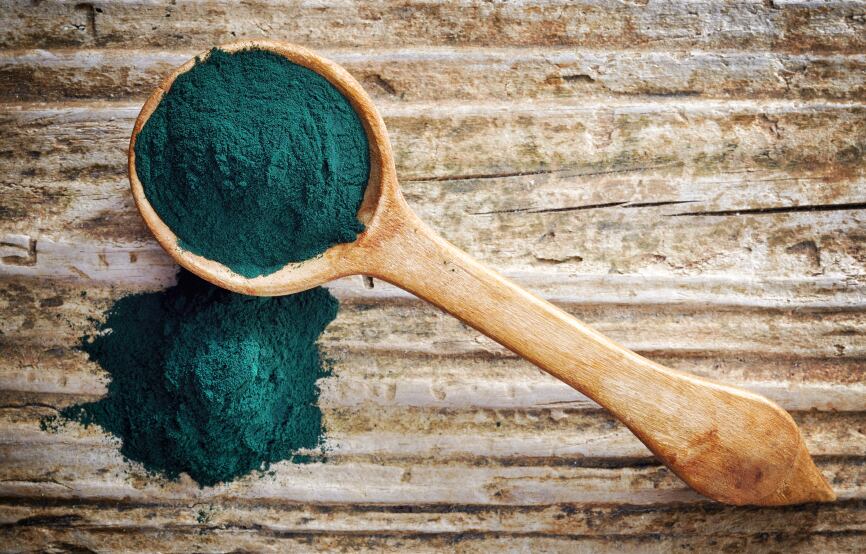EU Regulation 2015/1933, which will apply from 1 April 2016, has introduced legally-binding maximum limits for carcinogenic PAHs in food supplements, along with several other food stuffs. These have been set at 10 µg/kg of benzo(a)pyrene, and 50 µg/kg for benzo(a)pyrene, benz(a)anthracene, benzo(b)fluoranthene and chryseneamends collectively.
The regulation stated that “high levels of PAHs have been found in certain food supplements which contain or are derived from botanical ingredients. The presence of high levels in these food supplements has been linked to the bad drying practices applied to these botanical ingredients”.
Food supplements containing or derived from propolis, royal jelly and spirulina had also been found to contain high levels of PAHs, prompting regulatory action.
PAHs not on the radar
Holger Riemensperger, CEO for Frutarom Health, said the regulation would “catch a lot of ingredient and supplement companies unprepared”.
“Before the regulation, many manufacturers did not know or measure the content of PAHs contaminants,” he told NutraIngredients.
He said that many botanical ingredients could have difficulty complying with the new regulation, as even with professional raw material management, sourcing through own crops and contract farming, and rigid analytical quality control, contaminants in some plant extracts were still a concern.

“Some plant leaves are especially susceptible to contamination by PAHs. The cuticular waxes on the surface of leaves which protects them against sun and heat also collect like a sponge PAHs from the environment,”he said.
On-trend yerba mate is another botanical vulnerable to PAHs contamination, he said.
“Due to the traditional drying of the fresh leaves over fire to stop fermentation, relatively high PAH levels are usually found in this material,” he said.
There are techniques that enable the removal of contaminants, for example, application of supercritical CO2, activated charcoal and hexane. However, Riemensperger said these techniques involved “non-selective processes that can cause the loss of active ingredients and can be harmful to the environment or pose a risk of toxicity”.
New decontamination process
Frutarom has stepped in with a line of herbal extracts, produced via a patented process that selectively removes unwanted contaminants, including PAHs, pesticides and unsaturated fatty acids.
“We have analysed products from other sources and have already helped some customers comply with these new maximum levels by replacing some of the extracts they were using with ones produced via our HyperPure process,” said Riemensperger.
He explained that the technology was based on the principle that contaminants in plants are often lipophilic. “HyperPure separates lipophilic compounds from liquid extracts. It selectively targets these undesirable substances and efficiently removes them to leave only the safe, stable and soluble phyto-active ingredients.”
There are six extracts in the new EFLA HyperPure Line, all derived from raw materials that are vulnerable to contamination by PAHs. These are Benolea olive leaf extract, Finomate mate leaf extract, ginseng extract, green tea extract, Neuravena green oat extract and pumpkin extract.
